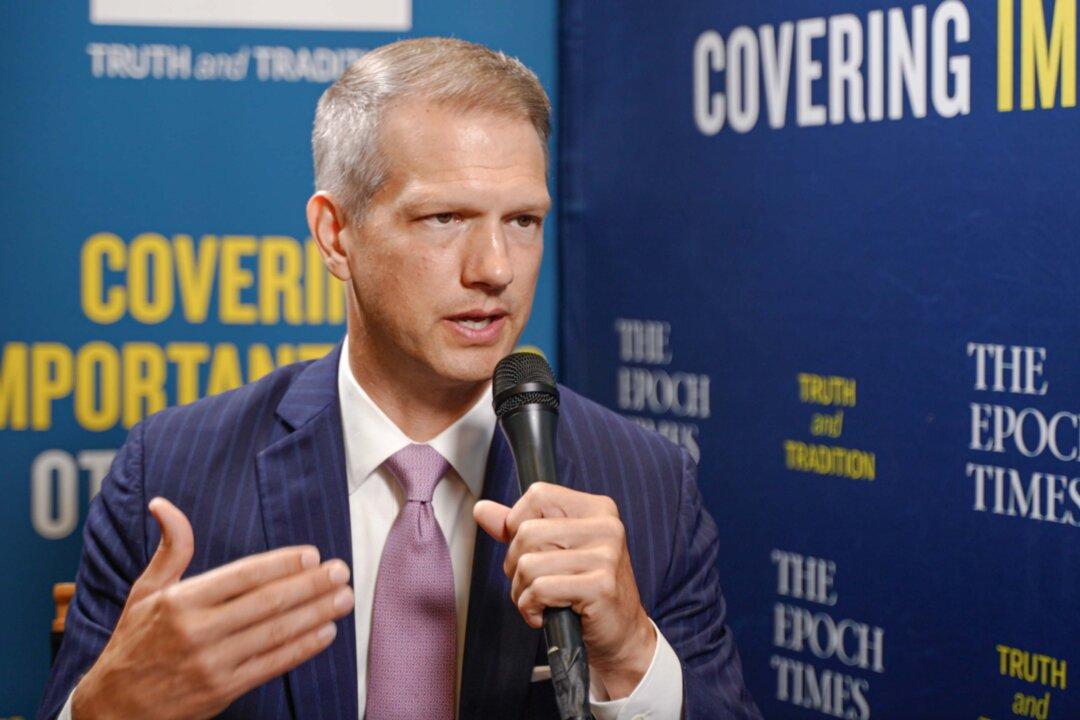West Virginia recently joined a growing number of states to divest from companies that are implementing global environmental, social, and governance standards (ESG) that demonize fossil fuels and prioritize social justice initiatives.
Because West Virginia’s economy relies heavily on fossil fuel revenue, state Treasurer Riley Moore has put these ESG companies on a restricted list, terminating existing contracts and stopping them from bidding on further contracts.






